ALSO BY CHALMERS JOHNSON
Nemesis: The Last Days of the American Republic
The Sorrows of Empire: Militarism, Secrecy, and the End of the Republic
Blowback: The Costs and Consequences of American Empire
Peasant Nationalism and Communist Power:
The Emergence of Revolutionary China, 19371945
Revolution and the Social System
An Instance of Treason: Ozaki Hotsumi and the Sorge Spy Ring
Revolutionary Change
Change in Communist Systems (editor and contributor)
Conspiracy at Matsukawa
Ideology and Politics in Contemporary China (editor)
Autopsy on Peoples War
Japans Public Policy Companies
MITI and the Japanese Miracle:
The Growth of Industrial Policy, 19251975
The Industrial Policy Debate (editor and contributor)
Politics and Productivity: How Japans Development Strategy Works
(with Laura Tyson and John Zysman)
Japan: Who Governs? The Rise of the Developmental State
Okinawa: Cold War Island (editor and contributor)
DISMANTLING THE EMPIRE
DISMANTLING THE EMPIRE
AMERICAS LAST BEST HOPE
CHALMERS JOHNSON
METROPOLITAN BOOKS HENRY HOLT AND COMPANY NEW YORK

Metropolitan Books
Henry Holt and Company, LLC
Publishers since 1866
175 Fifth Avenue
New York, New York 10010
www.henryholt.com
Metropolitan Books and  are registered trademarks of Henry Holt and Company, LLC.
are registered trademarks of Henry Holt and Company, LLC.
Copyright 2010 by Chalmers Johnson
All rights reserved.
Distributed in Canada by H. B. Fenn and Company Ltd.
The chapter Blowback World first appeared in slightly altered form in the London Review of Books in the October 21, 2004, issue (vol. 26, no. 20), pp. 2528.
Americas Unwelcome Advances first appeared August 22, 2008, on MotherJones.com and is used in this book with its permission.
Copyright 2008 by the Foundation for National Progress.
All other pieces, except the introduction, first appeared on the website TomDispatch.com.
Library of Congress Cataloging-in-Publication Data
Johnson, Chalmers.
Dismantling the empire : Americas last best hope / Chalmers Johnson.1st ed.
p. cm.
Includes index.
ISBN 978-0-8050-9303-2
1. United StatesForeign relations1989 2. United StatesMilitary policy. 3. United States. Dept. of DefenseAppropriations and expenditures. 4. Intervention (International law) 5. Imperialism. I. Title.
E840.J6325 2010
Henry Holt books are available for special promotions and
premiums. For details contact: Director, Special Markets.
First Edition 2010
Designed by Kelly S. Too
Printed in the United States of America
1 3 5 7 9 10 8 6 4 2
CONTENTS
DISMANTLING THE EMPIRE
INTRODUCTION
THE SUICIDE OPTION
During the last years of the Clinton administration I was in my mid-sixties, retired from teaching Asian international relations at the University of California and deeply bored by my specialty, Japanese politics. It seemed that Japan would continue forever as a docile satellite of the United States, a safe place to park tens of thousands of American troops, as well as ships and aircraft, all ready to assert American hegemony over the entire Pacific region. I was then in the process of rethinking my research and determining where I should go next.
At the time, one aspect of the Clinton administration especially worried me. In the aftermath of the breakup and disappearance of the Soviet Union, U.S. officials seemed unbearably complacent about Americas global ascendancy. They were visibly bathed in a glow of postCold War triumphalism. It was hard to avoid their high-decibel assertions that our country was unique in history, their insistence that we were now, and for the imaginable future, the lone superpower or, in the words of Secretary of State Madeleine Albright, the indispensable nation. The implication was that we would be so for an eternity. If ever there was a self-satisfied country that seemed headed for a rude awakening, it was the United States.
I became concerned as well that we were taking for granted the goodwill of so many nations, even as we incautiously ran up a tab of insults to the rest of the world. What I couldnt quite imagine was that President Clintons arrogance and his administrations risk takingthe 1998 cruise missile attack on the al-Shifa pharmaceutical plant in Khartoum, Sudan, for instance, or the 1999 bombing of the Chinese embassy in Belgrade, Serbia, during the Kosovo warmight presage an existential crisis for the nation. Our stance toward the rest of the world certainly seemed reckless to me, but not in itself of overwhelming significance. We were, after all, the worlds richest nation, even if we were delusional in assuming that our wealth would be a permanent condition. We were also finally at peace (more or less) after a long period, covering much of the twentieth century, in which we had been engaged in costly, deadly wars.
As I quietly began to worry, it crossed my mind that we in the United States had long taken all of Asia for granted, despite the fact that we had fought three wars there, only one of which we had won. My fears grew that the imperial tab we were running up would come due sooner than any of us had expected, and that payment might be sought in ways both unexpected and deeply unnerving. In this mood, I began to write a book of analysis that was also meant as a warning, and for a title I drew on a term of CIA tradecraft. I called it Blowback.
The books reception on publication in 2000 might serve as a reasonable gauge of the overconfident mood of the country. It was generally ignored and, where noted and commented upon, rejected as the oddball thoughts of a formerly eminent Japan specialist. I was therefore less shocked than most when, as the Clinton years ended, we Americans made a serious mistake that helped turn what passed for fringe prophecy into stark reality. We let George W. Bush take the White House.
He was a man superficially well enough qualified to be president. The governor of a populous state, he had also been the recipient of one of the bestor, in any case, most expensiveeducations available to an American. Yale College and Harvard Business School might have seemed like a guarantee against a sophomoric ignoramus occupying the highest office in the land, but contrary to most expectations that was precisely what we got. The American public did not actually elect him, of course. He was, in the end, appointed to the highest office in the land by a conservative cabal of Supreme Court justices in what certainly qualified as one of the most bizarre moments in the history of American politics.
During his eight reckless years as president, Bush, his vice president Dick Cheney, his secretary of defense Donald Rumsfeld, and the other neoconservative and right-wing officials he appointed, war-lovers all, drove the country as close to the precipice as was humanly possible. After the attacks of 9/11, he would have been wise to treat al-Qaeda as the criminal organization it was. Instead, he launched two wars of aggression in close succession against Iraq and Afghanistan. The irony was that had he done absolutely nothing, the political situations in both countries would likely have resolved themselves, given time, in ways tolerable for us and our allies based on the constellation of forces at work in each place. Instead, his policies entrenched Shia Muslims in Iraq, repeated all the mistakes of other foreign invadersparticularly the British and more recently the Russiansin Afghanistan, and enhanced the power of Iran in the Persian Gulf region.
Next page
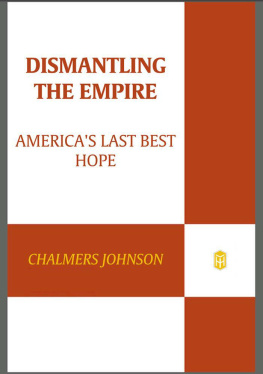
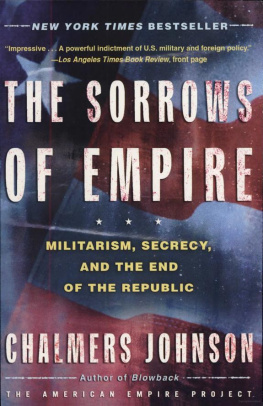

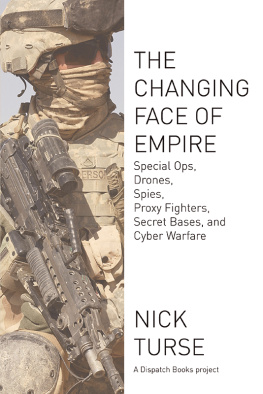
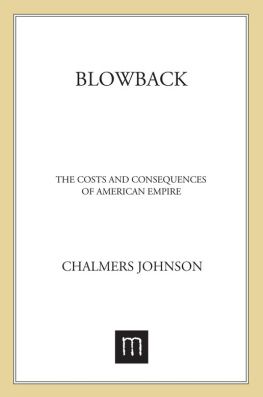
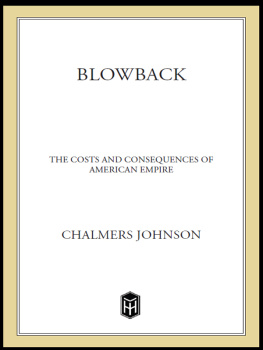
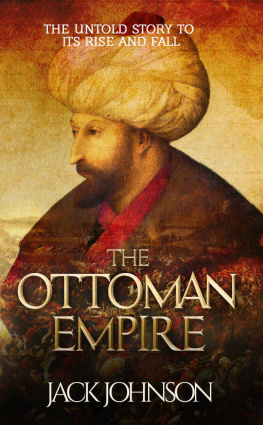
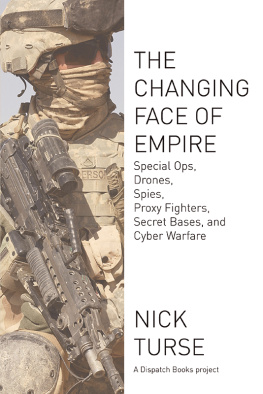
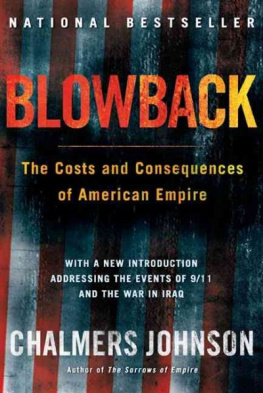
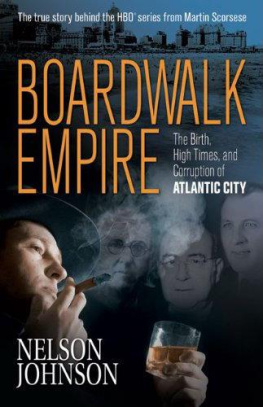

 are registered trademarks of Henry Holt and Company, LLC.
are registered trademarks of Henry Holt and Company, LLC.